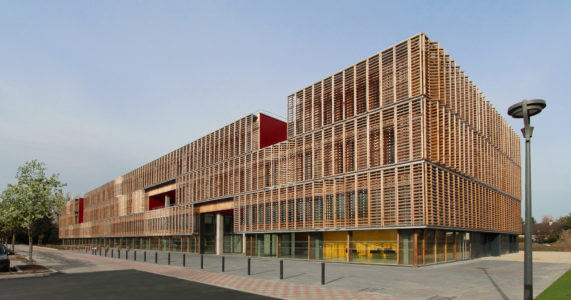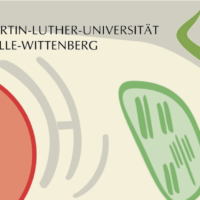Học Bổng Bốn Phương
Học bổng PhD tại Đại Học Công Nghệ Compiègne – Pháp
- Chi tiết bài viết
- Bài viết liên quan
Lipid metabolism and circadian clock in Arabidopsis thaliana
One PhD position (three years, starting in October 2018) is currently available at University of Technology of Compiègne (UTC), France, funded by the “Ministère de l’Enseignement supérieur et de la Recherche.”
The position is based at UTC, in the CNRS Joint Research Unit Enzyme and Cell Engineering (GEC). The PhD student will join the GEC laboratory (http://www.utc.fr/umr6022/) and will be under the supervision of Prof Karsten Haupt and Dr Adrian Troncoso-Ponce.
Research Project:
Living organisms have internal biological clocks that help them anticipate and adapt to rhythmical light and temperature changes. In sessile organisms, like plants, rapid adaptation to a constantly changing environment is crucial for their survival because plants cannot escape the rhythmical changes imposed by the Earth’s rotation. The circadian clock enables plants to synchronize multiple physiological and developmental processes thereby contributing to enhanced fitness. The network of clock-controlled genes is also interconnected with metabolic pathways in a reciprocal way, the clock both controls and is controlled by carbon fluxes.
Lipids are fundamental components of plant metabolism, playing critical functions throughout the plant life. Lipids fuel germination (triacylglycerol), enable photosynthesis (thylakoidal components), and constitute membranes (phospholipids) and signal molecules (oxylipins). Hence, lipids are essential components of plant physiology at metabolic, structural and signalling levels.
During the last decades the molecular components of the plant circadian clock have been dissected and their critical transcription consequences upon multitude of physiological pathways identified. However, with few exceptions, the control exerted over lipid metabolism has not been tackled. Therefore, the goal of this project is to explore the relationship between the plant circadian clock and lipid metabolism along the whole plant life, from germination to seeds development.
Our research lab uses a combination of biochemical (GC-FID, GC-MS, LC-MS, etc.) and molecular biological (molecular cloning, Q-PCR, transcriptomics, etc.) approaches in order to decipher and identify the molecular actors connecting lipid metabolism and the plant internal circadian clock.
Requirement:
Applicants must hold a Master’s degree or equivalent in biology, biochemistry, molecular biology or other closely related field. Knowledge in plant metabolism and/or in metabolomics will be a plus.
This work requires excellent interpersonal and communication skills in English as well as excellent writing skills. (French courses are offered on-site).
Contact:
Interested candidates should send their application letter and CV, and the names of two referees, before May 31, 2018.
Adrian Troncoso-Ponce, PhD
Université de Technologie de Compiègne
Génie Enzymatique et Cellulaire
Tef : (33) 03 44 23 46 07
Email: adrian.troncoso-ponce@utc.fr
Nguồn: Dr. Nguyễn Tấn Trung (IBSG)
Nguồn hình cover: Univeristy of Technology at Compiègne







